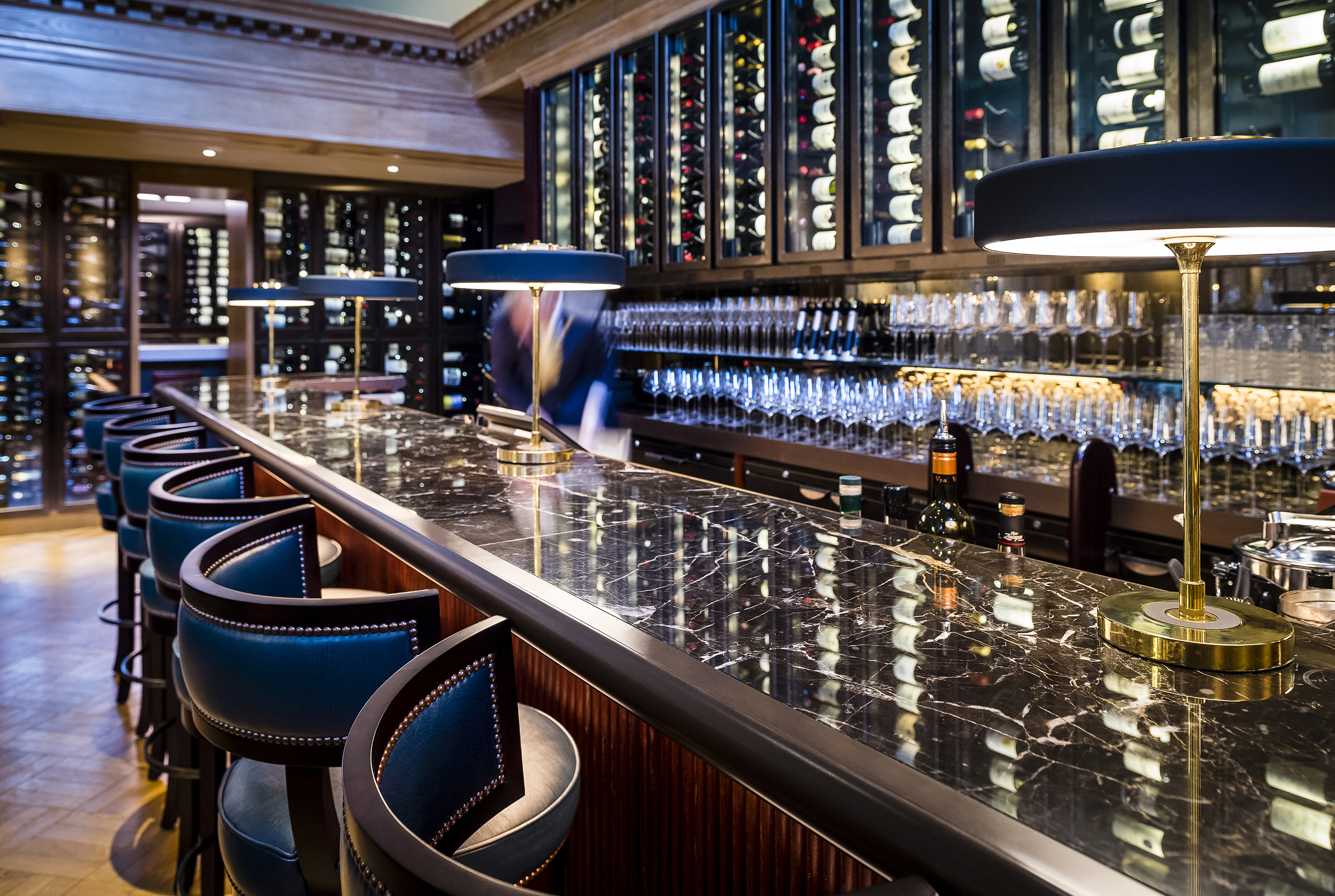
Quarterly rent day dampens relief over 2 metre relaxation
The quarterly rent due 24 June, just a day after PM Boris Johnson relaxed the 2 metre rule while confirming 4 July reopening for hospitality, comes as a sobering reminder that the on-trade’s woes are far from over.
As Johnson confirmed that restaurants, bars and pubs could relax social distancing to 1 metre, prominent bar entrepreneur Jonathan Downey, who has spearheaded a #NationalTimeOut campaign to pause rent for on-trade operators, was busy tweeting a rejoinder.
Pointing out that he’d been forced to close his Milk & Honey venue since 17 March, Downey’s tweet added: “We wont be reopening on 4 July because we are a small, intimate venue and 1 metre distancing makes it unviable. We’ve just received our June rent quarter bill though. It’s for £57,000.”
Bar, nightclub and music venue operators remain most at mercy of Covid-19 distancing policy, even at 1 metre, not least as only table service is to be allowed inside venues. But the unresolved rent issue continues to affect the whole on-trade and wider hospitality sector, which has been unable to generate any significant - if any - revenue during the 14 weeks of lockdown.
Quoted in the Financial Times, Stephen Springham, head of retail research at Knight Frank, has said that landlords of many leisure businesses face the prospect of zero rent being paid, with a further prediction that just 10-20% of all retail rents would be paid.
Many operators are simply not expected to pay as the government has ruled that the moratorium on rent non-payment be extended until the end of September.
This, however, is simply pushing the problem down the line for both tenants and landlords alike, says the trade and its representative bodies.
Kate Nicholls, chief executive of UK Hospitality (UKH), like Downey, has consistently warned that many on-trade businesses face imminent collapse if the issue of rent is not fast addressed.
In response to the PM's announcement, UKH put out a statement, while also calling for urgent clarification on the operational guidance for business, which government has said it will publish soon.
“The government has given due recognition to how hard hospitality has been hit by this crisis. Our sector was one of the first to be seriously affected and we are going to be one of the last to reopen. Getting venues open again, even with social distancing measures in place, is the best way to secures businesses and jobs,” said UKH.
It added, however: “While many venues will endeavour to reopenon 4 July, capacities will be constrained by social distancing and some may be unable to trade viably at all, so continued government support will remain crucial.
“Many businesses have been closed for months with no revenue and are now facing substantial rent and PAYE bills. We need financial help from the government, otherwise some of these businesses are going to go under right at the point at which they are allowed to open once again.”
The Wine & Spirit Trade Association (WSTA) also added its voice to the concern surrounding the ongoing viability of the sector, while flagging up the overlooked on-trade dependent suppliers that have also been hard hit by the on-trade’s closure.
“This welcome news does not mean that the hospitality sector and their suppliers are no longer in need of government support. Recovery from the loss of trade over the last few months will mean that some businesses will not be able to open immediately or fully and others will take years to get themselves back on an even keel,” said WSTA's CEO, Miles Beale.
And, as Downey reminds his followers, this matters to the health of the UK: “The hospitality sector is the third biggest private employer in the UK, creating 9% of all jobs, contributing £130bn annually to the economy, with tax receipts of £39bn."
Government has come some distance in listening to the concerns of hospitality and supporting one of the UK’s most Covid-vulnerable business sectors. It is to be hoped that it will extend that support further, providing an additional lifeline to the most vibrant half of the drinks trade and the economic activity it normally generates.
Keywords:
- bar
- Suppliers
- On-Trade
- WSTA
- hospitality
- restaurant
- pub
- closure
- drinks trade
- uk hospitality
- Jonathan Downey
- reopening
- Rent review
- quarterly rent day
- 24 June
- National Time Out campaign




